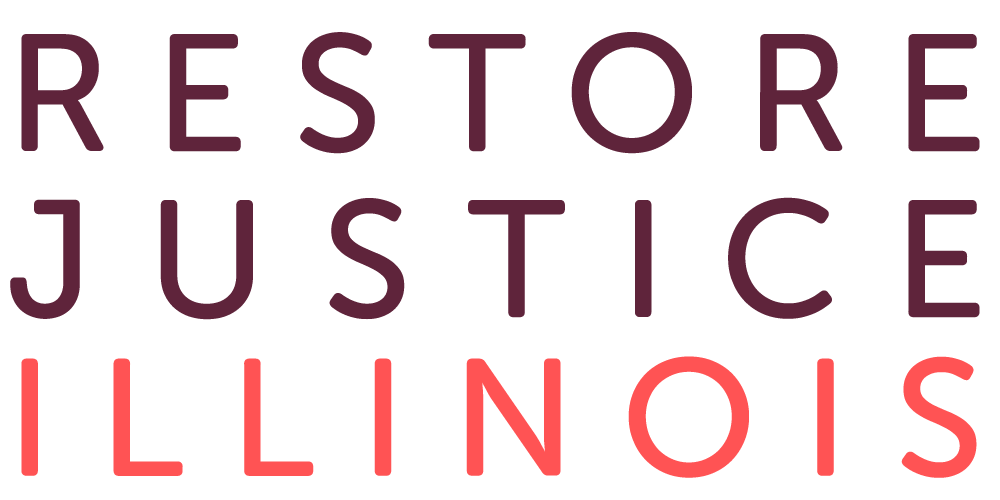Oppose HB1100, HFA 2 and a Return to Over-Incarceration Policies
April 6, 2022
Restore Justice urges members of the Illinois General Assembly to oppose HB 1100, HFA 2. We are a non-partisan statewide policy organization focused on reducing the harm caused by excessive criminal sentencing and post-sentencing policies.
HB 1100, HFA2 would create a new Class 1 felony for predatory vehicular highjacking. A person would commit predatory vehicular highjacking when that person is 18 years of age or older and knowingly commands or coerces a minor under 18 years of age to hijack a vehicle.
HB 1100, HFA2 will not stop “carjacking.” Increases in sentence severity have not lowered rates of violent crime in Chicago. Therefore, increasing sentences for carjacking or vehicular hijacking will not reduce crime rates.
Creating an additional way to charge people, when the law already has avenues to hold them accountable, will likely ultimately lead to longer sentences. Predatory vehicular highjacking could already be charged under existing law as solicitation to commit vehicular hijacking or contributing to the delinquency of a minor. Both of these are serious Class 1 felony offenses. If the Legislature does this every few years, we are getting back to over-incarceration policies. We will keep adding new ways to lengthen sentences – all without ever addressing the root causes of crime.
Illinois’s sentences for carjacking are already severe:
Current sentences for robbery and vehicular carjacking in the state of Illinois are severe, and Illinois already has some of the strongest gun enhancement penalties in the country.
Vehicular hijacking carries a penalty of 4-15 years in prison. If the individual is armed with a gun, they must serve an additional mandatory minimum sentence of at least 20 years in prison.
The average sentence for people currently in the Illinois Department of Corrections for vehicular hijacking or aggravated vehicular hijacking is already more than 16 years. Three individuals are serving natural life sentences for these convictions.
Carjacking is not a new crime or even a new problem in Chicago:
Carjacking is a form of robbery. The total number of robberies, including carjackings, has declined 80% since 2001.1 While the number of carjackings did increase, the overall decline in total robberies far outpaced it (data from Stephanie Kollmann/Northwestern Pritzker School of Law).
The increase in car robberies between 2020 and 2022 coincides with the economic and social pressures of the COVID-19 pandemic and related mental health crises.
This trend mirrors increases in property crimes around the country, including in Minneapolis, New Orleans, and Philadelphia.
Research is clear that longer prison terms do not deter violence:
In the 1970s and 1990s, states and the federal government inflicted harsher punishments with the goal of reducing crime. In Illinois, we eliminated parole (1978), slashed time off for good behavior (1998), and increased base sentences and mandatory minimums.
As a result, the amount of time people actually serve has doubled, and violence has not decreased.
Many of the people getting long sentences are too young to understand the consequences:
Scientists have found that the brain continues to develop well into the 20s. As a result, the parts of the brain that govern judgment and impulse are among the last to form. Like their younger peers, 18-year-old young people are prone to poor decision-making, impulsivity, peer influence, and risky behavior.
Increasing penalties, even more, will not reduce the incidence of carjacking. Especially for young people, the length and severity of punishment are not as effective a deterrent as the likelihood of being caught.
We can invest in real violence prevention today to reduce carjackings:
The solution is to invest in what works: community violence intervention programs that address the cycle of intergenerational poverty, violence, and trauma that drives gun violence.
Research shows that targeted intervention, mentorship, education support, and job training actually prevent violence. Let’s invest in those things – not in locking up more people for longer.
This new felony is trying to address a problem that does not clearly exist. It is unclear from evidence whether adults forcing young people to commit carjackings is, in fact, a significant driver of the recent rise in carjacking incidents over the past two years.
Adding a new penalty to the criminal code drives over-incarceration. It does not address the problem of why carjackings are occurring, nor does it make us safer. We urge the General Assembly to oppose HB1100, HFA2 and invest in community violence prevention instead.

